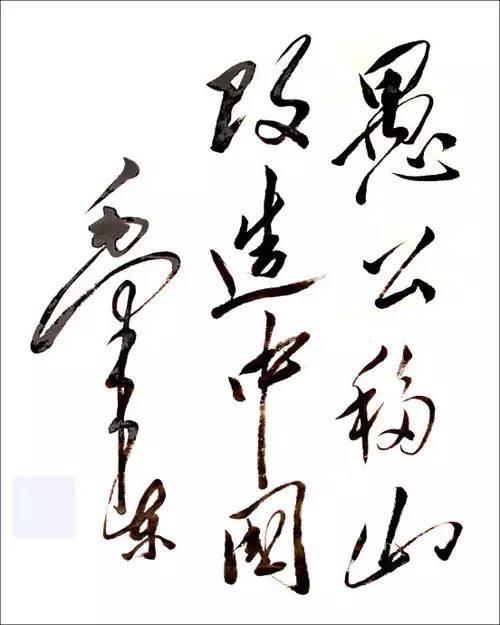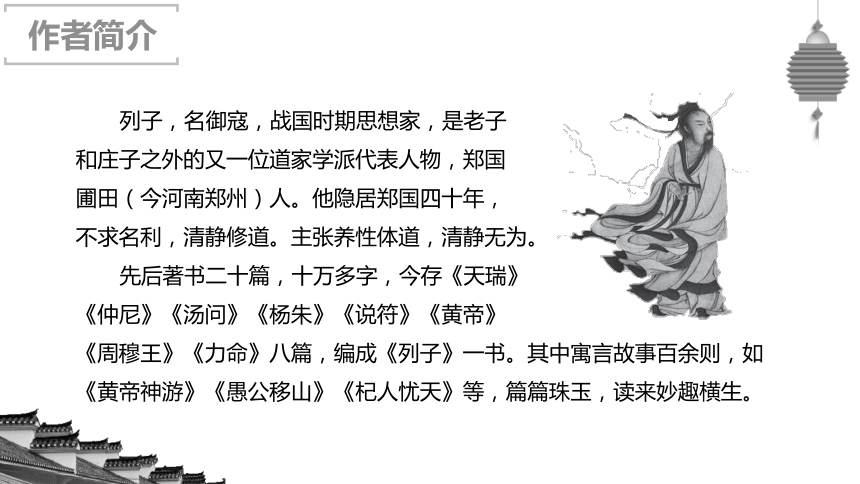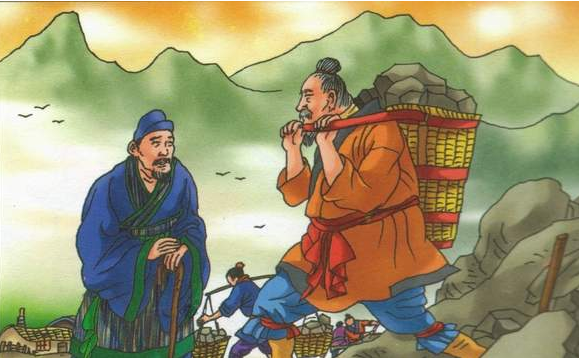摘要:本文介绍了愚公移山的翻译及其原文深度解读。愚公移山是一则富有启示性的故事,通过愚公坚定不移的毅力和智慧,最终成功移山。本文提供了原文及其翻译,并深入解读了其中的寓意和人物形象,强调了持之以恒、勤奋努力的重要性。这篇文章旨在激励人们面对困难时不放弃,保持坚定的信念和毅力。
本文目录导读:
《愚公移山》是中国古代寓言故事中的经典之作,以其生动的故事情节和深刻的寓意启示世人,该故事最早出现在《列子·汤问》篇中,流传至今已有千年历史,让我们一同走进这个寓言故事,领略其翻译之美与原文之魅力。
原文呈现
《愚公移山》原文如下:
太行、王屋二山,方七百里,高万仞,本在冀州之南,河阳之北,愚公者,年且九十矣,家于冀州南之曼延丘下,两山相对出,势绝天地之间,愚公欲移二山以求方便于乡里邻里,智叟闻之而笑之曰:“汝何年之有?老矣衰矣,何能移山?”愚公曰:“我虽年老矣衰矣,然我子孙无穷也,今日移山不尽,明日子孙无穷也,而山不加增,或减其高,何忧乎?”邻人助之,众神感其诚,终于移去二山,自此冀州南无太行王屋之阻。
《愚公移山》的翻译
对于《愚公移山》的翻译,众多学者和译者都付出了巨大的努力,某英文版本的翻译如下:
The Old Man Who Moved the Mountains
There are two mountains, Taihang and Wangwu, seven hundred li across and with heights of ten thousand zhao. They stand in the south of Jizhou and the north of Heyang. An old man who is almost ninety years old lives at the foot of Manyan Hill in the south of Jizhou. The two mountains stand opposite to each other, towering between heaven and earth. The old man wants to move the two mountains to make it convenient for his neighbors and himself. When a wise man heard about this, he laughed and said, "How old are you? You are old and weak, how can you move the mountains?" The old man replied, "Although I am old and weak, my descendants are endless. If we cannot finish moving the mountains today, there will still be tomorrow, and my descendants will continue. The mountains do not increase in number or height, so why worry?" His neighbors helped him, and his sincerity moved the gods. Finally, the two mountains were moved away. Since then, there is no barrier of Taihang and Wangwu mountains in the south of Jizhou.
原文与翻译的解读
从原文到翻译,《愚公移山》所传达的精神内涵并未改变,愚公不畏艰难、坚持不懈的精神在故事中得到了充分体现,尽管面临智叟的质疑和重重困难,愚公仍然坚信只要子孙无穷、努力不懈,终能达成目标,这一精神启示我们,面对困难时,要有坚定的信念和毅力,不断努力,才能取得成功。
在翻译过程中,译者充分保留了原文的韵味和故事情节,同时在语言表达上进行了适当的调整,使得英文读者能够更容易理解故事内容和人物性格,翻译版本还注重了语言的流畅性和节奏感,使得故事更具吸引力。
《愚公移山》作为一则寓言故事,以其生动的故事情节和深刻的寓意启示世人,通过对其原文和翻译的探讨,我们不难发现,这个故事所蕴含的精神内涵是跨越国界、普世共通的,无论是原文还是翻译,都向我们展示了一个不畏艰难、坚持不懈的愚公形象,激励我们在面对困难时坚定信念、勇往直前。




 京公网安备11000000000001号
京公网安备11000000000001号 京ICP备11000001号
京ICP备11000001号